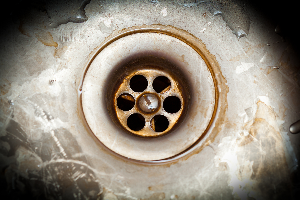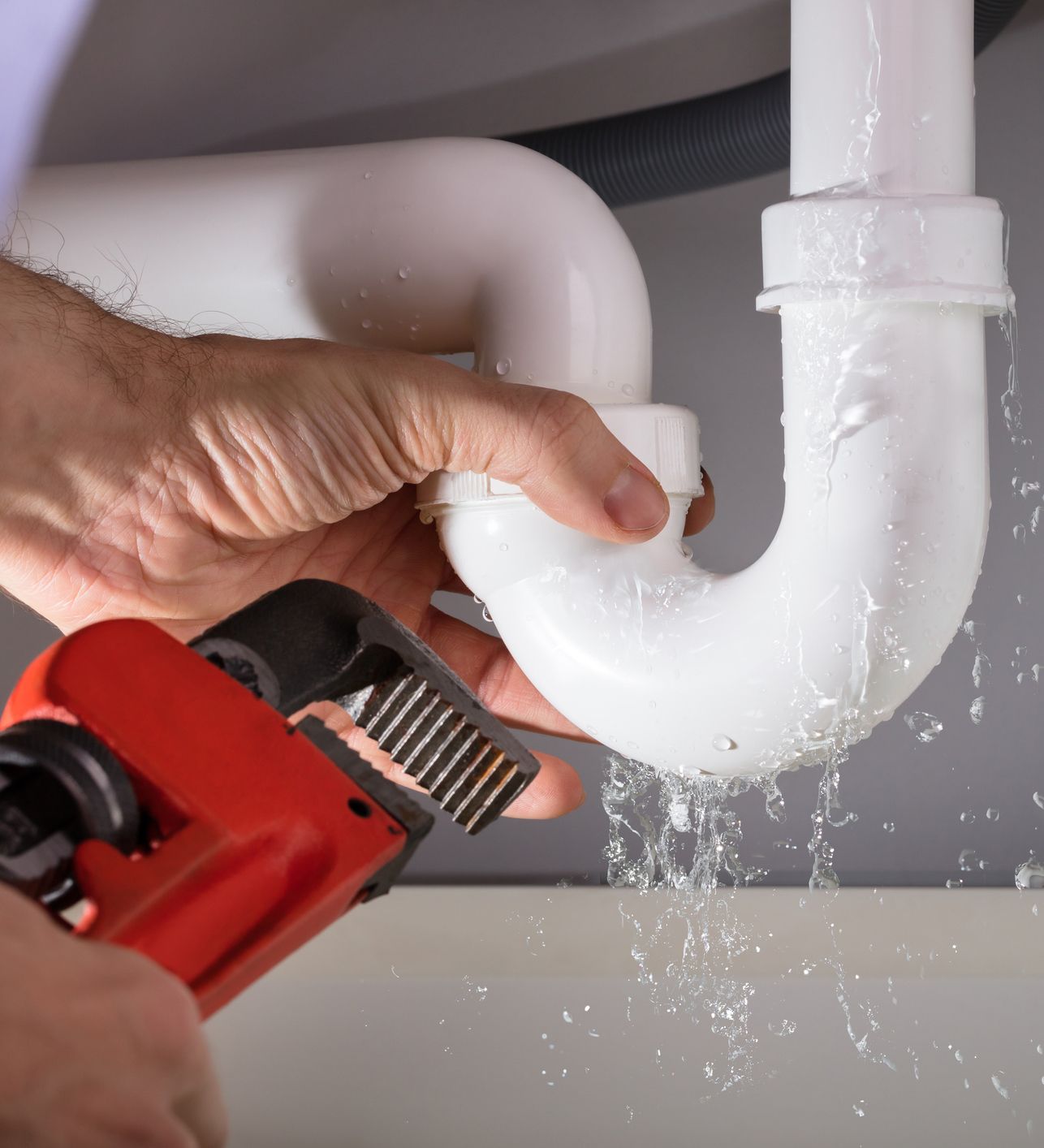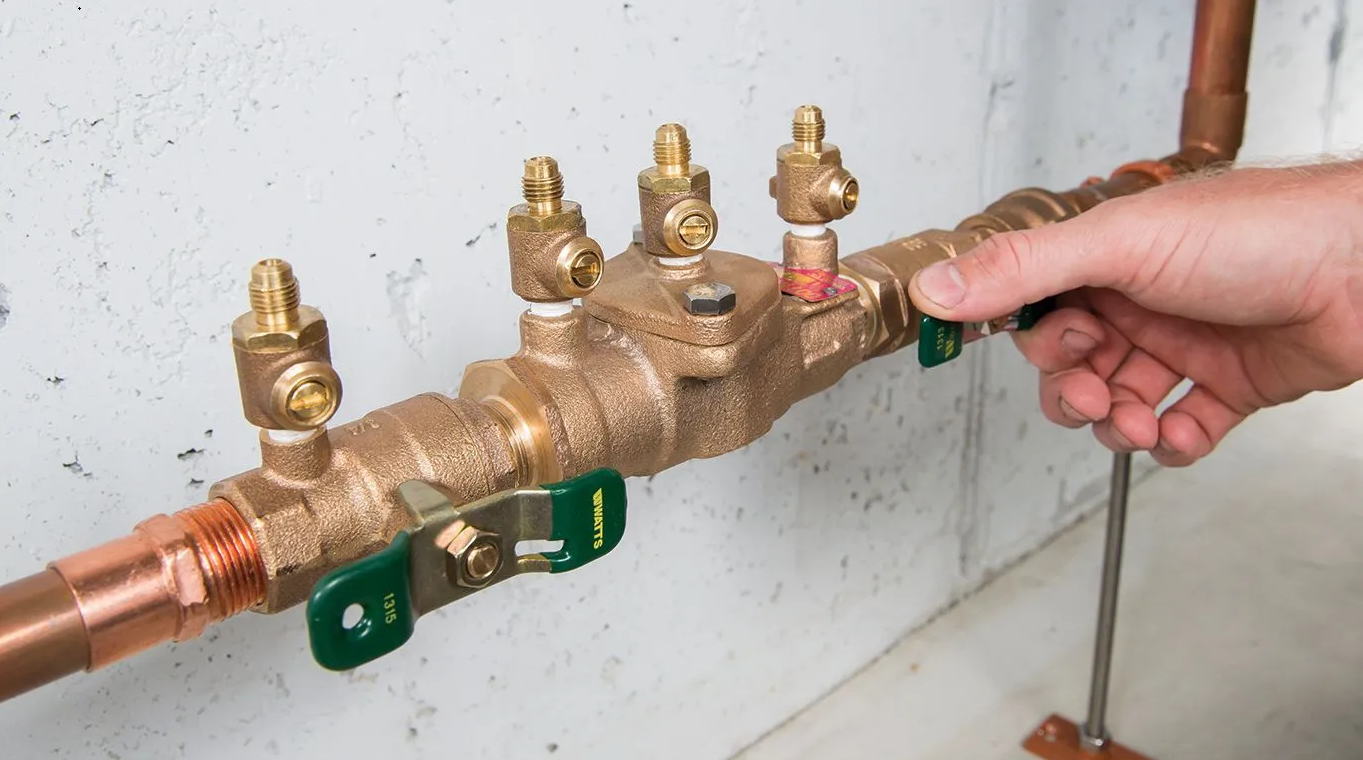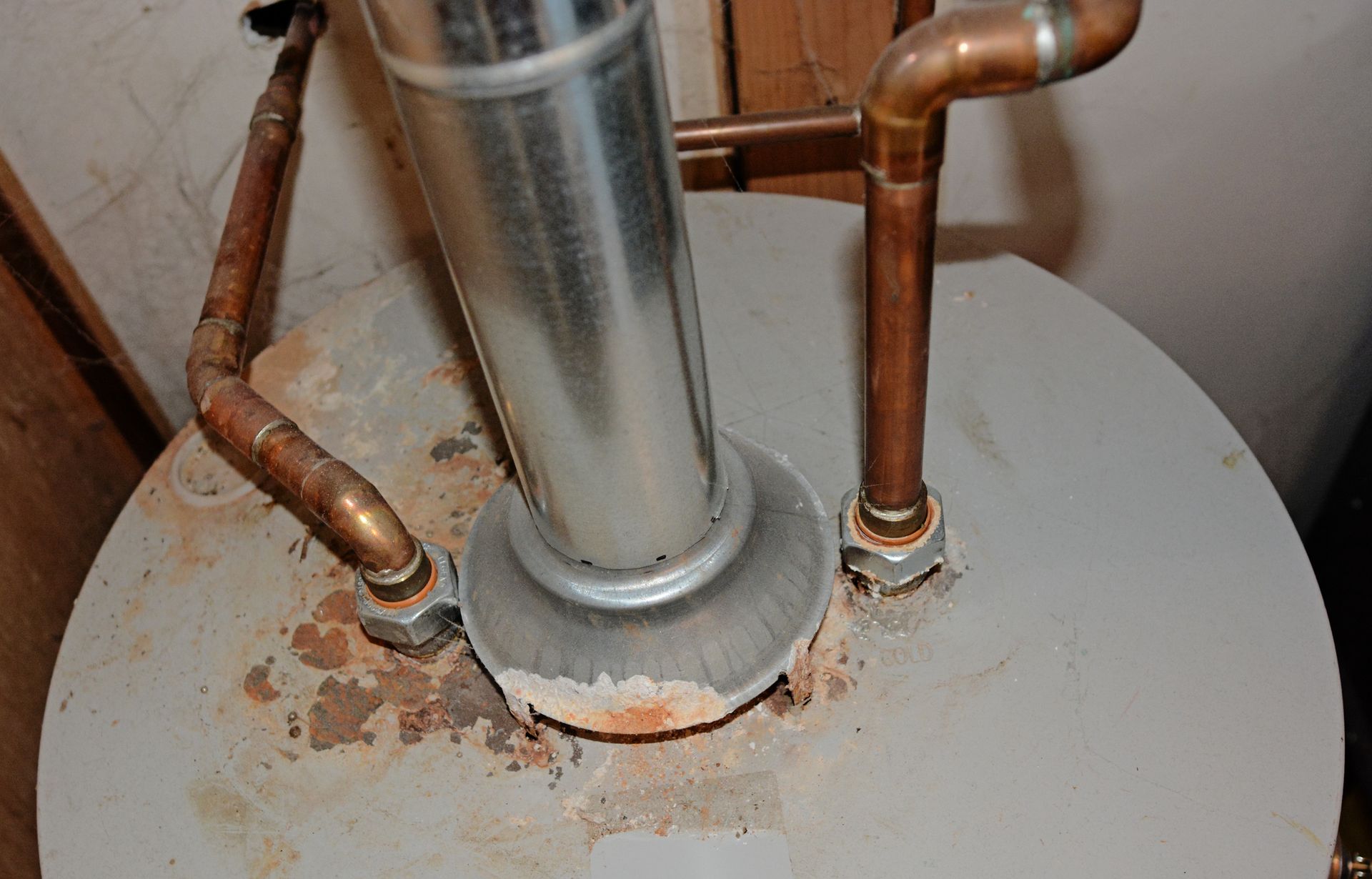4 Reasons Not to Try DIY Drain Cleaning

Drain clogs are some of the most common plumbing issues homeowners face. Clogs also can seem like one of the most straightforward projects for the handyman in your home. However, do-it-yourself drain cleaning methods are unreliable at best and potentially hazardous at worst.
In fact, your best course of action when you notice a persistent drain clog is to call in a professional plumber from a trusted company. In this blog, we list four of the main reasons to leave drain cleaning to your plumber.
1. Cleaning Solvents Can Pose Serious Threats
Many of the cleaning solvents available today are marketed directly to DIYers. These solvent labels and the resources readily available to household handymen often suggest that cleaning solutions can be used to rectify basically any issue.
Unfortunately, the majority of the claims made about cleaning solvents, from baking powder and vinegar to chemical drain cleaners, are overstated, if not categorically false, when it comes to plumbing issues. Even home remedies can potentially damage your plumbing system.
Additionally, many household substances can have volatile reactions to each other. These reactions can potentially cause pipe corrosion, the release of poisonous gases, or physical injury, especially when DIYers use several so-called clog solutions one right after another.
Chemical drain cleaners are potentially bad for both your pipes and your health. For the potential effects of opting for a chemical drain cleaner instead of professional plumbing help, see our previous blog , “Have a Clog? Don’t Use Chemical Drain Cleaners.”
2. Most Handyman Techniques Are Incomplete
You may think that removing a drain clog is somewhat like clearing away hair or soap scum from your shower drain cover. However, most clogs inside a pipe consist of several different substances.
For example, the clog in your kitchen sink could include soap scum, grease, and small food particles. These substances do not necessarily respond to external forces in the same way. In this example, grease solidifies and liquefies at certain temperatures, so it may hold the clog in place or allow the obstruction to shift unexpectedly.
Most DIYers assume that they’ve handled a clog once they remove anything from the drain or, worse, start water draining again without removing anything.
However, amateur methods may remove some but not all of the clog, which encourages future obstructions. In the case of kitchen clogs, you will also likely notice unpleasant smells as the unaddressed food particles begin to decompose.
Alternatively, your home’s handyman could provide only a temporary solution, like using enough hot water to liquefy grease but not realizing that the grease will only build up again further down the pipe. This type of grease obstruction is not only more difficult to remove than the initial clog, but it could also lead to a burst pipe or other issue later on.
3. Non-Professionals May Miss Warning Signs
When is a drain clog not a drain clog? When the drainage issue is actually caused by a much more serious issue, like a mainline or backflow problem. When you don’t get a professional opinion on plumbing issues, you may easily miss warning signs.
Some of the plumbing issues that seem similar to drain clogs can potentially cause water damage, necessitate re-piping, or cost large amounts of money in repairs. A prompt call to a professional can ensure that severe plumbing issues are correctly identified and dealt with before they worsen.
In addition to red flags about plumbing issues themselves, DIYers who are using unfamiliar or makeshift equipment may not know what to avoid in order to prevent injury. A professional plumber has the expertise to complete a project with little to no risk of property damage or personal injury.
4. You Likely Do Not Have the Appropriate Equipment
The average homeowner has several objects that could work like a drain snake in theory. However, these makeshift tools are not designed specifically for plumbing. One of the most common DIY alternatives, a bent wire hanger, is imprecise in the best case scenario.
Unfortunately, use of incorrect tools can make the obstruction worse. For example, in the clothing hanger scenario, a miscalculation could cause the clog to bind together tighter and become more difficult to remove or could shove the obstruction deeper into the drain.
When you call in a professional, you know that the person handling your drain issue has the correct tools. In addition, to drain rodding, the average plumber also has alternative methods to use to ensure complete clog removal.
Before you undertake any DIY project, especially one involving complex systems like your home’s plumbing, consider the potential results. In the case of clogged drains, you are more likely to achieve a clear drain that you know has not sustained any damage after a service call from a plumber than after a household hack.
For complete plumbing services, including several effective methods of clog removal, trust the experienced team at Jim Dhamer Plumbing and Sewer, Inc.
The post 4 Reasons Not to Try DIY Drain Cleaning appeared first on .
Leave A Reply
More Posts









